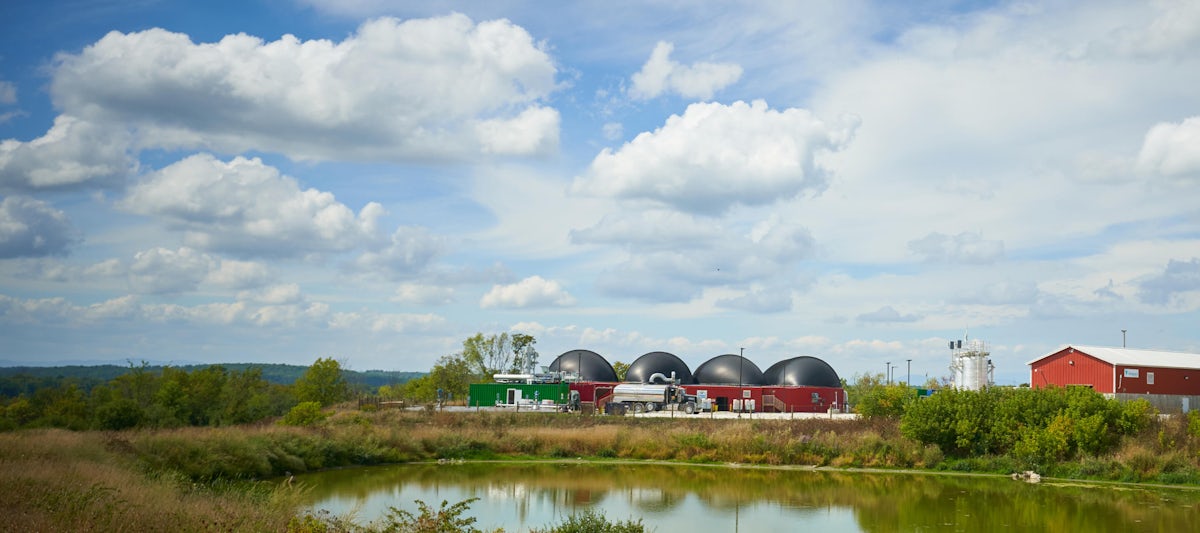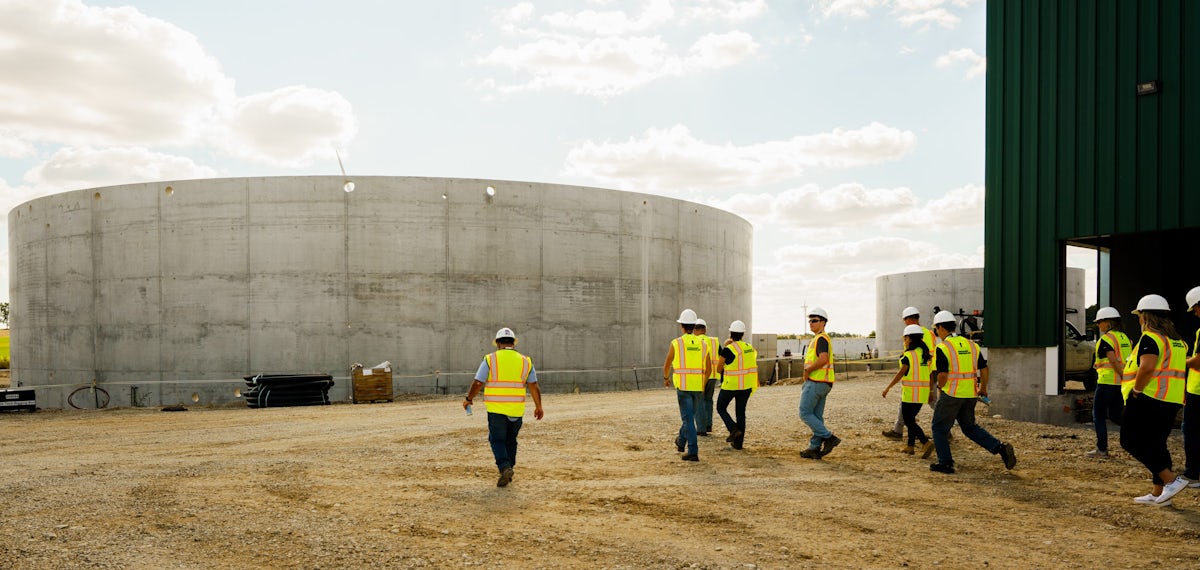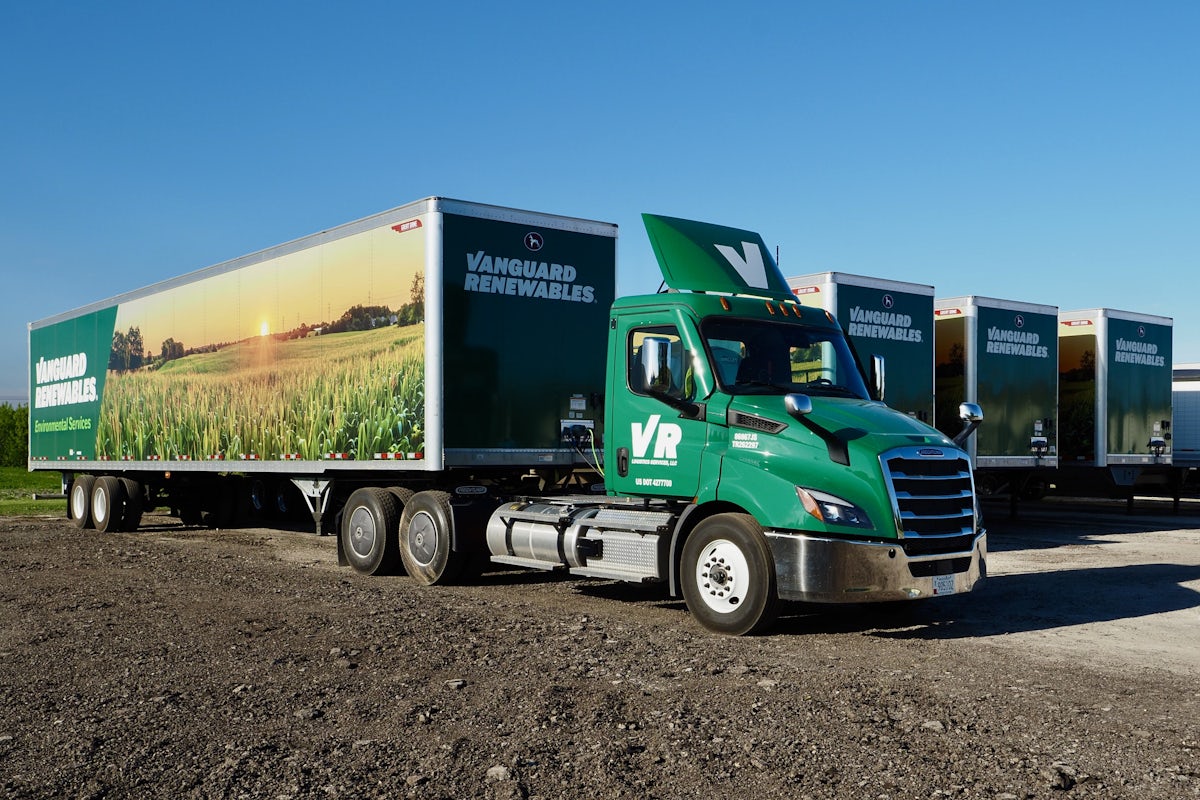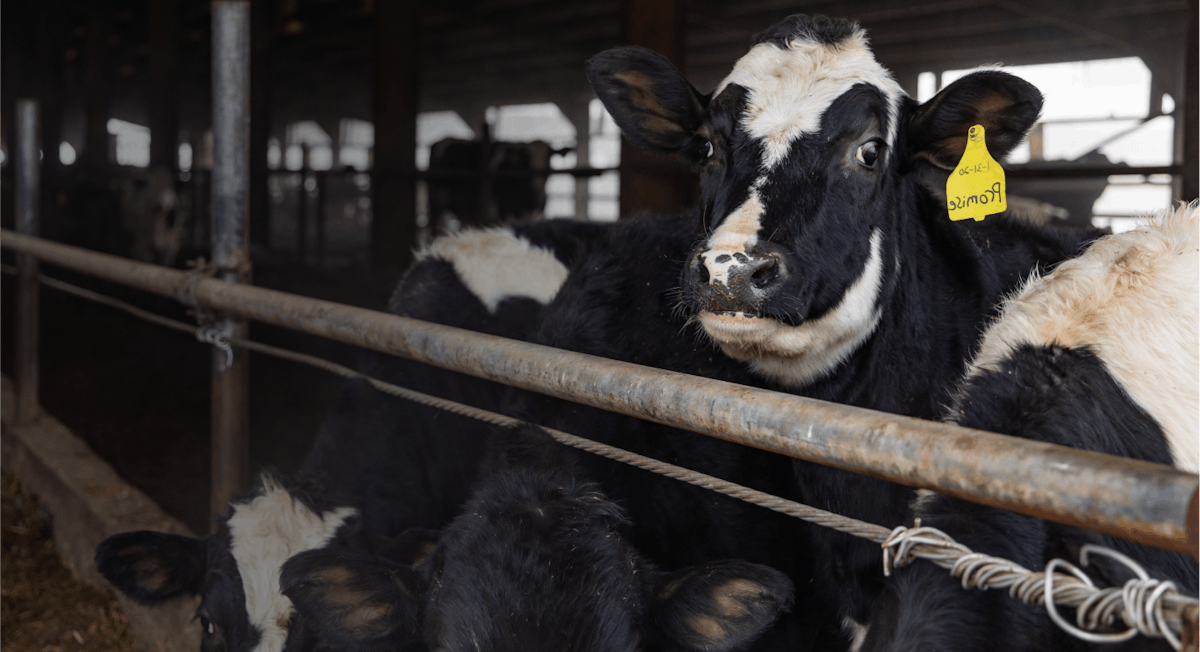Tackling Food Waste in Retail
November 04, 2025
Food waste is more than a backroom issue. It’s an operational challenge that is reshaping how retailers think about efficiency, risk, responsibility, and sustainability.
Every day retailers must manage roughly 30% of their food products that go unsold, become expired, or are otherwise unsaleable. That food waste equates to an estimated $162 billion of lost retail value across the market and managing it adds between 3 and 6 percent to retailers' cost of goods sold (COGS).
Well beyond its financial impact, food waste introduces logistical complexity and exposes retailers to regulatory pressure and reputational risk. On top of that, rising expectations around sustainability means there is more pressure than ever to manage this waste more responsibly.
Leading retailers are starting to reframe food waste as something more than a cost center. Now, it’s a strategic issue that impacts operations, compliance, sustainability, and brand trust. However, implementing a more efficient food waste management program comes with challenges:
- Fragmented vendor networks make coordination difficult and limit consistency across sites.
- Packaged waste often falls outside the capabilities of traditional vendors, leaving few viable alternatives to landfill.
- Regulatory complexity from evolving food waste legislation creates compliance risks, especially for multi-state operators.
- Seasonal surges in surplus and expired goods strain existing waste systems.
- Limited data visibility hinders ESG reporting and internal performance tracking.
Overcoming these challenges can be difficult. It takes the right partner with the scale, expertise, and flexibility to meet each retailer where they are.
Vanguard Renewables helps retailers turn their waste from a liability into a strategic advantage. We deliver tailored organics recycling programs across the nation that handle packaged and bulk waste, simplify logistics across multiple sites, and ensure each waste stream is matched to its most responsible end use.
Our anaerobic digestion (AD) facilities convert organic waste into renewable natural gas, reducing landfill reliance and emissions. In regions where we do not yet have AD infrastructure, we tap into an expansive national network of strategic partners to ensure proper diversion. And through detailed reporting, we give internal teams the data they need to track progress and communicate results.
We know that no two operations are the same. That’s why we take a consultative approach to building solutions that fit each customer’s unique footprint, goals, and operational realities.








